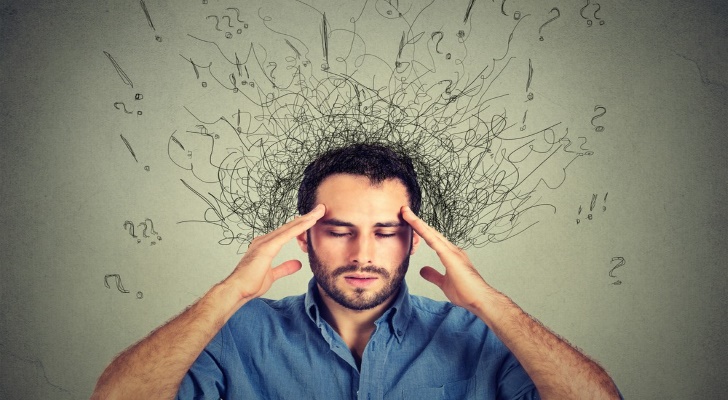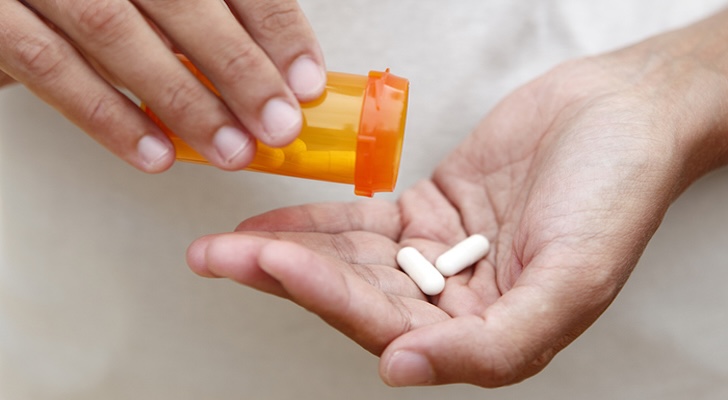Depression: Symptoms, Warning Signs, and Treatment Options

Depression is more than temporary sadness. It affects mood, energy, sleep, appetite, and thinking. Many people underestimate its seriousness, yet it is one of the most common mental health conditions worldwide. Understanding what depression truly is helps reduce stigma and brings focus to real solutions.

Early warning signs can include constant fatigue, loss of interest in favorite activities, and withdrawal from social life. Some people experience changes in weight or sleep patterns. Recognizing these symptoms matters because depression rarely goes away on its own—it tends to deepen without attention.

Depression exists in different forms: mild, moderate, or severe. Mild cases may feel like ongoing stress, while severe depression can make daily functioning almost impossible. Major depressive disorder is one of the most disabling conditions globally, and timely recognition is crucial.

Causes are complex—genetic factors, brain chemistry, trauma, and life stressors all play a role. Women, for instance, often face higher rates of depression due to hormonal shifts and social pressures. Each individual case has unique roots, which makes professional evaluation important.

Medication is one of the main treatment paths. Antidepressant medicines can help stabilize brain chemistry and reduce severe symptoms. While not a cure on their own, they often create the foundation for recovery and allow other methods, such as therapy, to be more effective.

Therapy provides a safe space to process emotions and develop healthier patterns of thinking. Cognitive-behavioral therapy, for example, is widely studied for depression. Many people benefit most when therapy and medication are combined, creating a stronger and longer-lasting effect.

Lifestyle also matters. Regular physical activity naturally increases endorphins and serotonin. Balanced nutrition supports brain function. Good sleep is critical for mood regulation. These elements, together with medical care, build resilience and improve long-term outcomes.

Natural depression medication and supplements attract interest, but their effectiveness varies. Some turn to vitamins or herbal remedies, while others practice yoga, meditation, or mindfulness. Though not replacements for treatment, these approaches can complement medical support when used carefully.

Severe depression requires more structured care. In such cases, stronger medications, hospitalization, or intensive therapy may be considered. Without intervention, the condition can lead to dangerous outcomes, including self-harm. This highlights why professional treatment is so important.

Living with depression is challenging, but recovery is possible. Millions of people worldwide manage their condition successfully through a combination of medical treatment, therapy, and social support. The key is recognizing depression as a medical condition that deserves attention and care.
